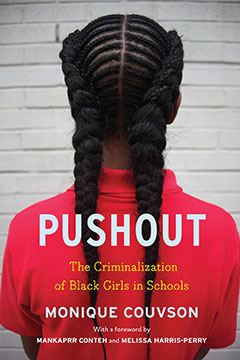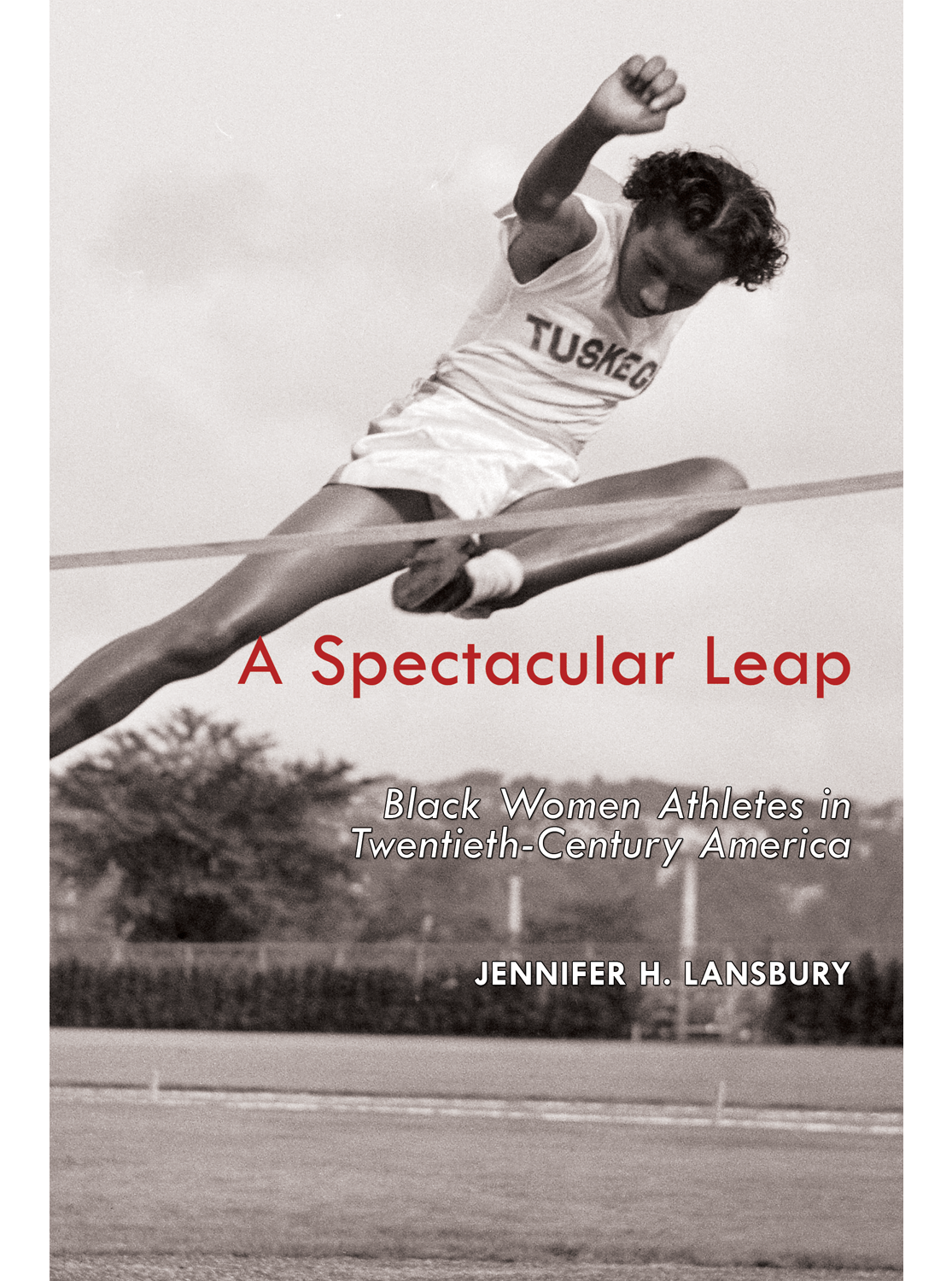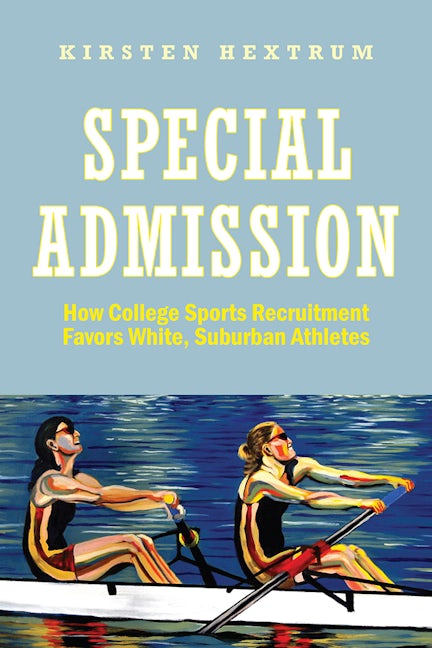One successful way to combat prejudice, it seems, is by serving as a model to others.
YOU MIGHT ALSO LIKE
CLEAR ALL
BY TOPIC
BY TEACHER
BY TYPE
FILTER

TOPIC
- Racial Healing (75)
- BIPOC Well-Being (70)
- Social Justice (65)
- Romantic Relationships (60)
- Black Well-Being (55)
- Activism/Service (47)
- Friendship (44)
- Communication Skills (35)
- Fellowship and Community (24)
- Trauma Healing (23)
- Whiteness (23)
- Marriage (22)
- Neurodiversity (22)
- Racial Identity (20)
- Discrimination (18)
- Poverty/Economic Inequality (18)
- Resilience (17)
- Spirituality and Politics (17)
- Intimacy (16)
- Collective Trauma (15)
- Cross-Cultural Dynamics (15)
- Mindfulness (15)
- Global Challenges (14)
- Identity (14)
- Incarceration (14)
- Intergenerational Trauma (14)
- Self-Care (14)
- Athlete Well-Being (13)
- Autism (13)
- Social Responsibility (13)
- Transformation (13)
- Divorce and Breakup (12)
- Nonviolence (12)
- ADD/ADHD (11)
- Belonging (11)
- Compassion (11)
- Emotional and Mental Health (11)
- Speaking Your Truth (11)
- Christianity (10)
- Love (10)
- Gender Discrimination (9)
- Immigration and Assimilation (9)
- Unconscious Bias (9)
- Women’s Well-Being (9)
- Buddhism (8)
- Disabled Well-Being (8)
- Forgiveness (8)
- Indigenous Well-Being (8)
- Inner Life (8)
- Vulnerability (8)
- Authenticity (7)
- Empathy (7)
- Environmental Justice (7)
- Interdependence (7)
- Memoir (7)
- Self-Development (7)
- Toxic Relationships (7)
- Unity (7)
- Withholding (7)
- Work Relationships (7)
- AAPI Well-Being (6)
- Anger (6)
- Connection (6)
- Empowerment (6)
- Faith and Identity (6)
- Family Dynamics (6)
- Freedom (6)
- God (6)
- LGBTQIA Well-Being (6)
- Offering Support to Others (6)
- Parenting (6)
- Passive-Aggressive Behavior (6)
- Psychology (6)
- Self-Acceptance (6)
- Self-Love (6)
- Self-Reflection Practices (6)
- Access to Education (5)
- Cancer (5)
- Economic Justice (5)
- Hope (5)
- Inner Peace (5)
- Latinx Well-Being (5)
- Race and Gender (5)
- Self-Healing (5)
- Spiritual Growth (5)
- Sustainability (5)
- Trauma (5)
- Trust (5)
- Values (5)
- Veteran Well-Being (5)
- Yoga (5)
- Youth Activism (5)
- Acceptance (4)
- Accepting Love (4)
- Climate Change (4)
- Collaboration (4)
- Connection with Nature (4)
- Female Empowerment (4)
- Female Friendship (4)
- Finding Meaning (4)
- Generational Healing (4)
- Generosity (4)
- Indigenous Rights (4)
- Inner Strengths (4)
- Leadership (4)
- Moral Philosophy (4)
- Narcissism (4)
- New Relationships (4)
- Self-Discovery (4)
- Self-Expression (4)
- Self-Reckoning (4)
- Self-Worth (4)
- Setting Limits and Boundaries (4)
- Sex (4)
- Somatic Practices (4)
- Spiritual Development (4)
- Stress Management (4)
- Suffering (4)
- Transitions (4)
- Well-Being (4)
- Adaptability (3)
- Asking for Help (3)
- Conflict Resolution (3)
- Conscious Evolution (3)
- Consciousness (3)
- Courage (3)
- Decision Making (3)
- Disconnection (3)
- Environmental Exploitation (3)
- Feminism (3)
- Grief (3)
- Guilt (3)
- Homophobia (3)
- Honoring Emotion (3)
- Human Potential (3)
- Imagination and Creativity (3)
- Intention (3)
- Letting Go (3)
- LGBTQIA Relationships (3)
- LGBTQIA Sexuality (3)
- Mindfulness Practices (3)
- Oneness (3)
- Personal Development (3)
- Presence (3)
- Self-Esteem (3)
- Spiritual Healing (3)
- Spiritual Life (3)
- War (3)
- Work Challenges (3)
- Addiction (2)
- Attachment Theory (2)
- Awareness (2)
- Ayahuasca (2)
- Body Image (2)
- Building Character (2)
- Building Culture (2)
- Caregiver Well-Being (2)
- Compassion Meditation (2)
- Conscience (2)
- Dharma (2)
- Dysfunctional Childhood (2)
- Emotional Intelligence (EQ) (2)
- Entrepreneurship (2)
- Gender Justice (2)
- Grit (2)
- Growth Mindset (2)
- Higher Calling (2)
- Highly Sensitive People (2)
- Holism (2)
- Joy (2)
- Karma (2)
- Loneliness (2)
- Lovingkindness Meditation (2)
- Male Friendship (2)
- Meditation (2)
- Men’s Well-Being (2)
- Mind-Body Connection (2)
- Mindfulness Meditation (2)
- Perception (2)
- Philosophical Approaches (2)
- Physical Health (2)
- Poetry (2)
- Psychedelic Research (2)
- Self-Actualization (2)
- Self-Realization (2)
- Shame (2)
- Social Anxiety (2)
- Social Presence (2)
- Soul Mission (2)
- Spiritual Awakening (2)
- Spiritual Direction (2)
- Talk Therapy (2)
- The Divine (2)
- Tibetan Buddhism (2)
- Transgender Well-Being (2)
- Zen Buddhism (2)
- Abandonment (1)
- Anger Management (1)
- Breathwork (1)
- Buddha Nature (1)
- Challenges with Teens (1)
- Child’s Emotional Growth (1)
- Codependency (1)
- Compassion Fatigue (1)
- Cross-Cultural Parenting (1)
- Domestic Abuse (1)
- Drug Policy (1)
- Ecospirituality (1)
- Ego (1)
- Ego Transcendence (1)
- Emotional Labor (1)
- Enneagram (1)
- Failure (1)
- Faith (1)
- Fatherhood (1)
- Fatigue (1)
- Fear (1)
- Focus (1)
- Functional Medicine (1)
- Gender and Spirituality (1)
- Gender Challenges (1)
- Gender Identity (1)
- Global Food Supply (1)
- Goal Setting (1)
- Gratitude (1)
- Guided Meditation (1)
- Habit Formation (1)
- Hero’s Journey (1)
- Household Labor (1)
- Identity Shifts (1)
- Imposter Syndrome (1)
- Indigenous Healing Approaches (1)
- Infidelity (1)
- Integrity (1)
- Islam (1)
- Islamophobia (1)
- Jungian Analysis (1)
- Kids and Sports (1)
- Kindness (1)
- Learning Styles (1)
- LGBTQIA Parents (1)
- Life Challenges (1)
- Life-Altering Injury (1)
- Living with Illness (1)
- Love Languages (1)
- Lovingkindness (1)
- Managing Energy (1)
- Masculine/Feminine Dynamics (1)
- Mental Health Challenges (1)
- Midlife Crisis (1)
- Motherhood (1)
- Neoshamanism (1)
- Neuroscience (1)
- Passion (1)
- Positive Psychology (1)
- Prayer (1)
- Psychedelic Journey (1)
- Psychedelic-Assisted Therapy (1)
- Psychology and Spirituality (1)
- Raising Daughters (1)
- Rebirth (1)
- Regret (1)
- Relationship with Time (1)
- Religious Experience (1)
- Retirement (1)
- Ritual (1)
- Search for Purpose (1)
- Self-Compassion (1)
- Self-Control (1)
- Self-Limiting Beliefs (1)
- Self-Reliance (1)
- Social Psychology (1)
- Spirituality and Health (1)
- Stress (1)
- Suicide (1)
- Synchronicity (1)
- Transpersonal Psychology (1)
- Traumatic Grief (1)
- Weight Concerns (1)
- Wholeness (1)
- Work Ethic (1)
- Work-Life Balance (1)
- Yoga Therapy (1)
- Young Adult Well-Being (1)
FILTER

TEACHER
- Nelson Mandela (6)
- Esther Perel (5)
- James H. Cone (5)
- Gary Chapman (4)
- Howard Thurman (4)
- Ibram X. Kendi (4)
- Julie Schwartz Gottman (4)
- Rhonda Magee (4)
- Ta-Nehisi Coates (4)
- Elizabeth Lesser (3)
- Jacqui Lewis (3)
- Lama Rod Owens (3)
- Ramani Durvasula (3)
- Resmaa Menakem (3)
- Thich Nhat Hanh (3)
- Valarie Kaur (3)
- Zainab Salbi (3)
- Amanda Gorman (2)
- bell hooks (2)
- Brendon Burchard (2)
- Carolyn Baker (2)
- Cornel West (2)
- Desmond Tutu (2)
- Elaine Aron (2)
- Gay Hendricks (2)
- Harville Hendrix (2)
- Helen LaKelly Hunt (2)
- john a. powell (2)
- John Bradshaw (2)
- John Gottman (2)
- Ken Wilber (2)
- Larry Ward (2)
- Lori Gottlieb (2)
- Melanie Joy (2)
- Monnica Williams (2)
- Natalie Ginsberg (2)
- Oprah Winfrey (2)
- Otto Scharmer (2)
- Parker J. Palmer (2)
- Rebecca Solnit (2)
- Russell Brand (2)
- Sharon Strand Ellison (2)
- Tara Brach (2)
- Terri Cole (2)
- Thomas Hübl (2)
- Toni Morrison (2)
- Traci Blackmon (2)
- Agnes Baker-Pilgrim (1)
- Alice Walker (1)
- Andrew Harvey (1)
- angel Kyodo williams (1)
- Aristotle (1)
- Arnold Mindell (1)
- Audre Lorde (1)
- Brené Brown (1)
- Bruce Lipton (1)
- Chan Khong (1)
- Daisy Khan (1)
- Daniel Amen (1)
- don Miguel Ruiz (1)
- Dorothy Firman (1)
- Edward Hallowell (1)
- Elizabeth Gilbert (1)
- Ervin László (1)
- Gabor Maté (1)
- Gary Zukav (1)
- Iyanla Vanzant (1)
- J. Krishnamurti (1)
- Jack Kornfield (1)
- Jan Willis (1)
- Jana Long (1)
- Jean Houston (1)
- Jeff Foster (1)
- Jenny Kassan (1)
- Joan Halifax (1)
- JoAnna Hardy (1)
- Joanna Macy (1)
- John O’Donohue (1)
- John Welwood (1)
- Jon Kabat-Zinn (1)
- Karen Casey (1)
- Kate Johnson (1)
- Kathlyn Hendricks (1)
- Kenneth Robinson (1)
- Kim Eng (1)
- Konda Mason (1)
- Light Watkins (1)
- Louise Hay (1)
- Maria Alice Campos Freire (1)
- Marie Forleo (1)
- Mark Hyman (1)
- Matthieu Ricard (1)
- Maya Angelou (1)
- Maya Breuer (1)
- Megan Devine (1)
- Mel Robbins (1)
- Michelle Obama (1)
- Nicole Cardoza (1)
- Noa Kushner (1)
- Oshoke Pamela Abalu (1)
- Peter Russell (1)
- Rachel Ricketts (1)
- Rick Hanson (1)
- Rumi (1)
- Ruth King (1)
- Sandra Ingerman (1)
- SARK (1)
- Satish Kumar (1)
- Shefali Tsabary (1)
- Sonia Sanchez (1)
- Stan Tatkin (1)
- Stanislav Grof (1)
- Stephanie Y. Evans (1)
- Stephen Cope (1)
- Stephen Covey (1)
- Susan Piver (1)
- Terry Real (1)
- The Dalai Lama (1)
- Thubten Chodron (1)
- Tony Gaskins Jr. (1)
- Winona LaDuke (1)










